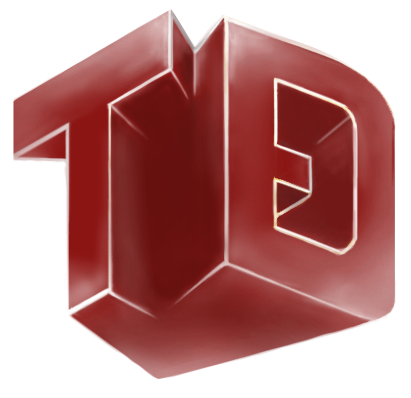In the ever-evolving realm of education and learning, where details flows generously and access to understanding is only a click away, student-driven encyclopedias are becoming a dynamic tool in the learning procedure.

These systems not just provide students with a repository of info yet likewise urge them to contribute, edit, and curate web content, cultivating a joint and interactive discovering setting.
As academic paradigms shift in the direction of more participatory and inclusive versions, the principle of student-driven encyclopedias symbolizes this improvement. These systems encourage students to end up being active individuals in understanding production, bridging the space between standard textbook understanding and contemporary electronic sources.
The Idea of Student-Driven Encyclopedias
Student-driven encyclopedias are electronic systems where trainees jointly collect, validate, and distribute information on a vast array of subjects. Unlike standard encyclopedias, which are usually composed by professionals, these systems utilize the joint efforts of students to produce an extensive body of knowledge.

At their core, student-driven encyclopedias are made to cultivate important reasoning, study skills, and digital proficiency among students. By taking part in the procedure of content creation, trainees learn to navigate and review information critically, abilities that are important in today’s information-rich society.
In addition, these platforms work as a space for trainees to explore their rate of interests and share their expertise. This autonomous method to understanding production guarantees that a diverse variety of point of views and voices are stood for, enriching the learning experience for all individuals.
- Trainees get hands-on experience in study and material production.
- Motivates collaboration and peer interaction.
- Advertises a deeper understanding of subject.
- Fosters inclusivity and diversity in understanding depiction.
Fundamentally, student-driven encyclopedias change students from passive recipients of info right into active contributors, instilling a sense of possession and responsibility in their educational journey.
Benefits of Student-Driven Encyclopedias
One of the major benefits of student-driven encyclopedias is the advancement of crucial 21st-century abilities. As trainees engage in the process of material creation, they sharpen their crucial thinking, digital proficiency, and communication skills, every one of which are crucial in today’s interconnected globe.
Additionally, these systems urge a collective understanding atmosphere, where students can collaborate to validate info, argument various point of views, and co-edit articles. This peer-to-peer interaction not just improves discovering end results however likewise cultivates a sense of community and shared respect amongst pupils.
Additionally, student-driven encyclopedias provide a system for showcasing trainee work. As trainees contribute to the encyclopedia, they build a profile of their study and writing, which can be invaluable for additional academic and specialist pursuits.
Challenges and Limitations

Despite the various advantages, student-driven encyclopedias also encounter particular obstacles. Making certain the precision and reliability of information is paramount, as these systems rely on contributions from trainees who might not yet have expert-level understanding.
- Keeping material quality and precision.
- Providing sufficient guidance and support.
- Guaranteeing equitable accessibility and inclusivity.
To alleviate these difficulties, numerous student-driven encyclopedias carry out a system of checks and balances, where material is examined by educators or professionals before magazine. This guarantees homework help community that the info offered is both accurate and reliable, promoting the honesty of the system.
The Future of Student-Driven Encyclopedias
As innovation remains to development and the landscape of education and learning advances, the potential for student-driven encyclopedias is vast. These platforms have the ability to not only enhance conventional academic resources however likewise redefine the method knowledge is obtained and shared.
In the future, we might see student-driven encyclopedias integrating advanced modern technologies such as expert system and machine learning to enhance content curation and customization. In addition, they may expand past textual details to include multimedia web content, offering an extra immersive discovering experience.
Empowering the Next Generation
Student-driven encyclopedias hold the promise of empowering the future generation of students. By positioning pupils at the helm of knowledge creation, these systems encourage lifelong discovering, interest, and intellectual self-reliance.
Finally, as instructional systems remain to introduce, student-driven encyclopedias stand as a testament to the power of cooperation and the relevance of student company in the understanding process. By embracing these systems, we open the doors to a much more inclusive, interesting, and vibrant instructional experience for all.











